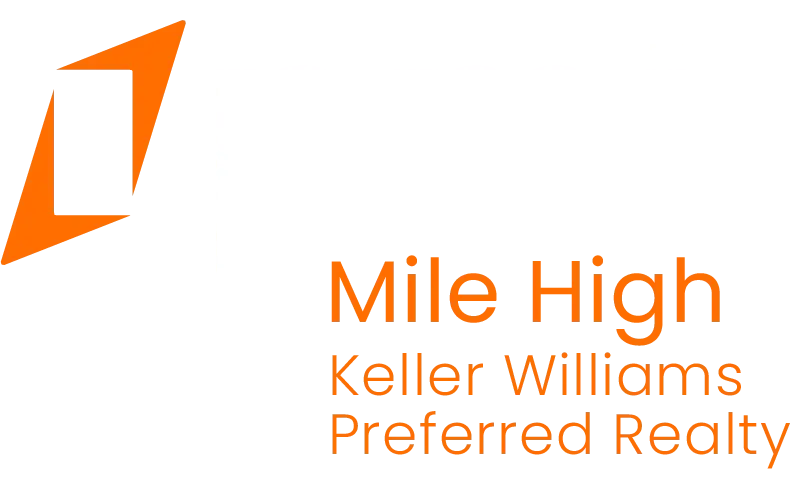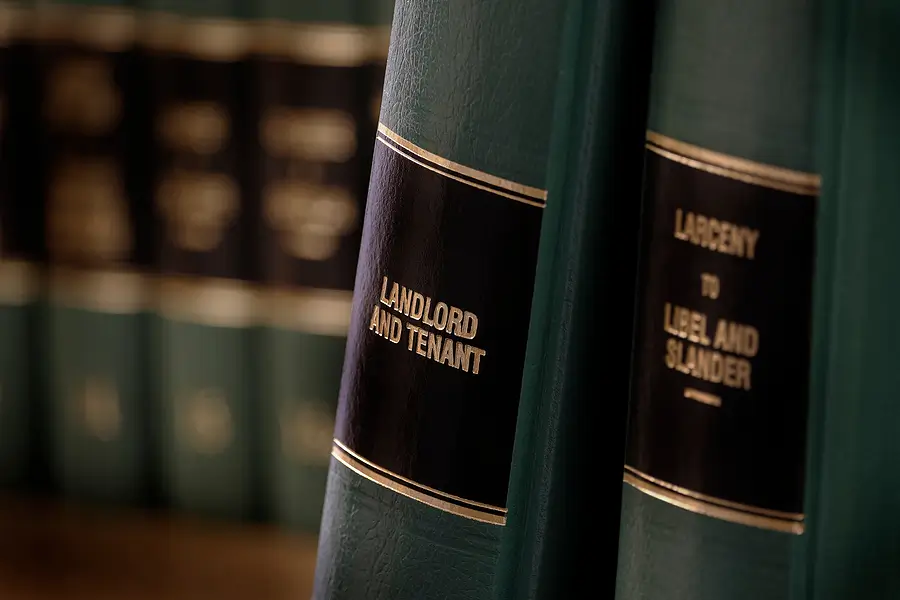Running rental properties feels a lot like navigating the Wild West—but instead of a tumbleweed, it's tenant rights and legal obligations rolling your way.
Understanding Colorado landlord-tenant laws is your best defense in keeping your rental business on solid ground.
Whether you're a veteran property investor or just starting out, knowing these laws equips you to maintain fairness, compliance, and profitability.
Here's the lowdown on what every landlord, investor, or property manager in Colorado needs to know.
Colorado Landlord-Tenant Laws
Tenant Rights Under Colorado Law
Being a landlord in Colorado means understanding that tenants have rights, and those rights aren't negotiable. Colorado tenants are entitled to live in rental units that meet the state's habitability standards. These rights include:
Functional plumbing
Proper safety measures
Effective heating systems
Under the Fair Housing Act, tenants are also protected against discrimination based on race, gender, disability, or other federally recognized classes. As a landlord, your marketing efforts and tenant screening processes must align with these regulations.
If a rental unit becomes uninhabitable, tenants may legally withhold rent until repairs are completed.
Landlord Responsibilities
Colorado law ensures that landlords uphold their side of the deal. You must guarantee the habitability of your rental properties and respond promptly to repair requests—typically within 24 to 96 hours, depending on the issue.
Failure to comply could lead to legal battles, where property owners often lose big.
Returning a tenant's security deposit is another primary obligation. Colorado's security deposit laws grant you up to 30 days after the lease ends to refund the deposit. If your lease or rental agreement allows, that deadline can be extended to 60 days, but only with written consent.
Any deductions for unpaid rent or damages exceeding normal wear and tear must be itemized and shared with the tenant.
Local Ordinances
While state laws create the framework, don't overlook local ordinances. For example, Denver has rental licensing requirements that mandate property inspections. If you're operating in multiple cities across Colorado, familiarize yourself with the regulations unique to each area.
This regulation ensures that you stay within the bounds of the law and shield yourself from unnecessary penalties.
Security Deposit Regulations
The Rules of the Game
Security deposits safeguard landlords against tenant-related losses, but mismanaging these funds can come back to bite you. While Colorado doesn't cap the amount you can charge, most property owners find it wise to charge around one month's rent.
Transparency is crucial if you withhold security deposit funds for damages, unpaid rent, or excessive cleanup costs after lease termination. Without an itemized receipt, your right to deductions could be rendered void.
Worse, mishandling security deposits could make you liable for penalties up to three times the deposit amount.
Rent Payments and Late Fees
Ensuring Timely Rent and Fees
Rent payments are the lifeblood of any rental business, but what happens when a tenant fails to pay rent on time? Late rent fees are enforceable under Colorado rental laws, but they must be "reasonable."
The state caps late fees at either $50 or 5% of the overdue rent—whichever is greater.
Additionally, landlords are prohibited from evicting tenants solely for failing to pay late fees. Similarly, tenants can't be charged interest on unpaid fees.
Including late fee details in your written rental agreements can help you stay compliant and avoid disputes.
Collecting Rent Fairly
Colorado doesn't have rent control laws, meaning you can set rent prices that suit the market. However, you must issue at least 60 days of written notice to the tenant before increasing the rent for leases longer than one month.
State laws may require shorter notice periods for shorter leases, so referencing local law is always a good practice.
The Lease Agreement
Why Written Agreements Matter
A handshake deal or verbal lease agreement won't cut it in the current rental landscape. Colorado law encourages written rental agreements for leases lasting 12 months or more, as it provides legal clarity for landlords and tenants alike.
But even for shorter lease terms, having everything in writing—such as lease duration, rent amount, and pet fees helps minimize the risk of disputes.
Handling Lease Violations
From unpaid rent to unauthorized pets, lease violations happen. When they do, landlords must issue a written notice for tenants to rectify the violation or vacate the property. The notice period depends on the violation type but typically ranges from three days to a week.
Landlords can expedite the eviction process for serious breaches, like hazardous behavior.
Evictions and Legal Remedies
The Eviction Process
Evicting tenants is never pleasant but sometimes necessary. Colorado eviction laws require landlords to follow a structured process that begins with serving the tenant a written eviction notice. For example, if a tenant fails to pay rent, you can give them a three-day notice to pay or vacate.
Evictions due to lease violations generally require a more extended notice period, such as 30 days. If the tenant disputes the eviction, the case may end up in Colorado small claims court.
Be prepared to demonstrate how your actions align with state laws and lease terms. Remember, taking shortcuts in this process could result in legal headaches—or worse, an overturned eviction.
Safeguarding Against Retaliation Claims
Retaliation can be a costly accusation for landlords. Colorado law tightly regulates actions like hiking rent, declining services, or evicting a tenant in response to their legal complaints.
If a tenant accuses you of retaliatory behavior, the burden of proof often falls on you to demonstrate otherwise.
Creating a Positive Landlord-Tenant Relationship
Building Trust Through Communication
At the heart of landlord-tenant relationships is trust. Keep tenants informed about any policy changes or rent adjustments with adequate written notice.
Foster goodwill by addressing maintenance requests promptly—often exceeding their repair expectations leads to longer tenancies and fewer disputes.
Balancing Flexibility and Authority
Clear boundaries in your lease terms ensure you maintain authority over rental decisions like when to raise rent, enter rental properties, or introduce new clauses.
However, remaining flexible when tenants face legitimate issues can go a long way toward building long-lasting, positive relationships.
Navigating Colorado Landlord-Tenant Laws with Copper Vine
Understanding the Colorado landlord-tenant laws you need to learn isn't just about compliance—it's about running your rental business with foresight and integrity.
Whether managing security deposits meticulously, addressing lease violations effectively, or respecting tenant rights, your ability to stay informed benefits your rental properties and your bottom line.
Staying current with Colorado rental laws and local ordinances protects you against liability, empowers you to handle challenging tenants, and builds trust with renters. Ultimately, trust keeps your investment thriving in this dynamic market.
Copper Vine will guide you through the landscape of Colorado Landlord-tenant law. With our services like tenant screening, eviction, and maintenance, we ensure that every step adheres to the laws.
Other Resources:
How Landlords Can Benefit from Low-Income Housing in Westminster CO


